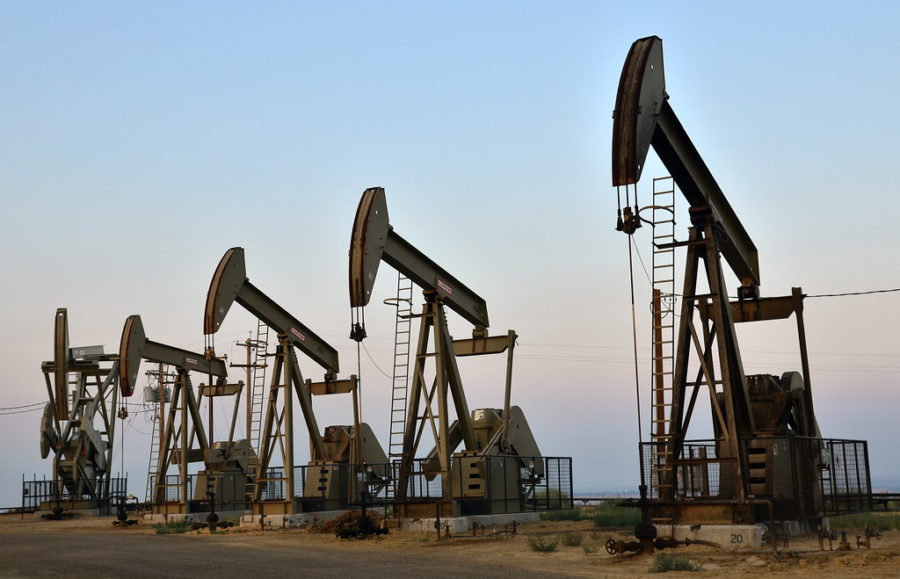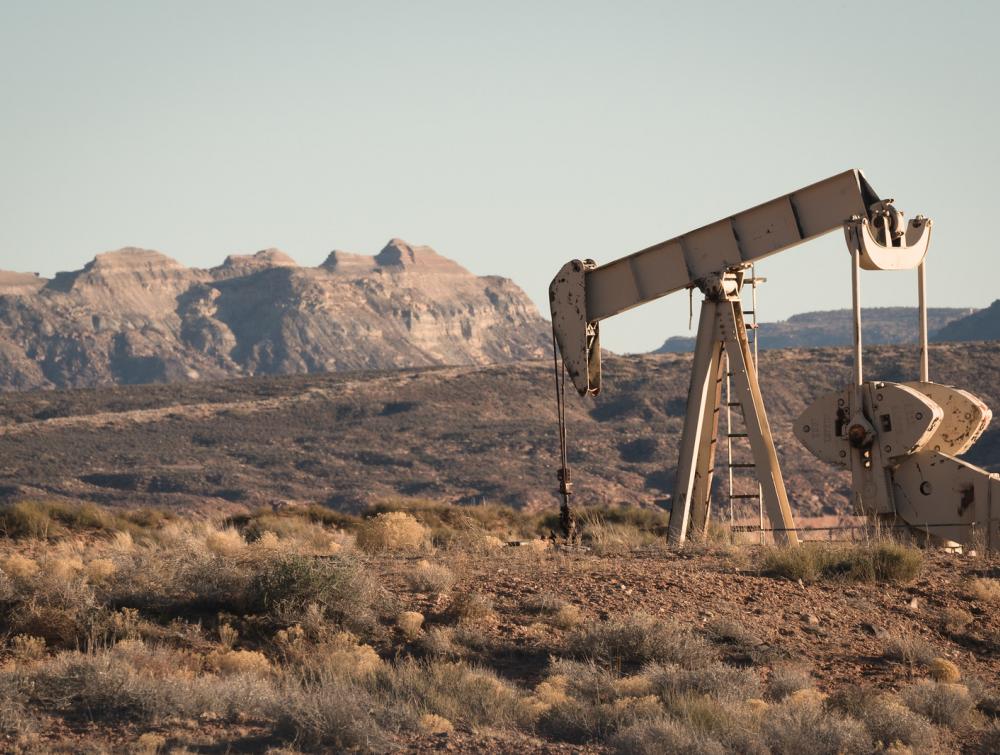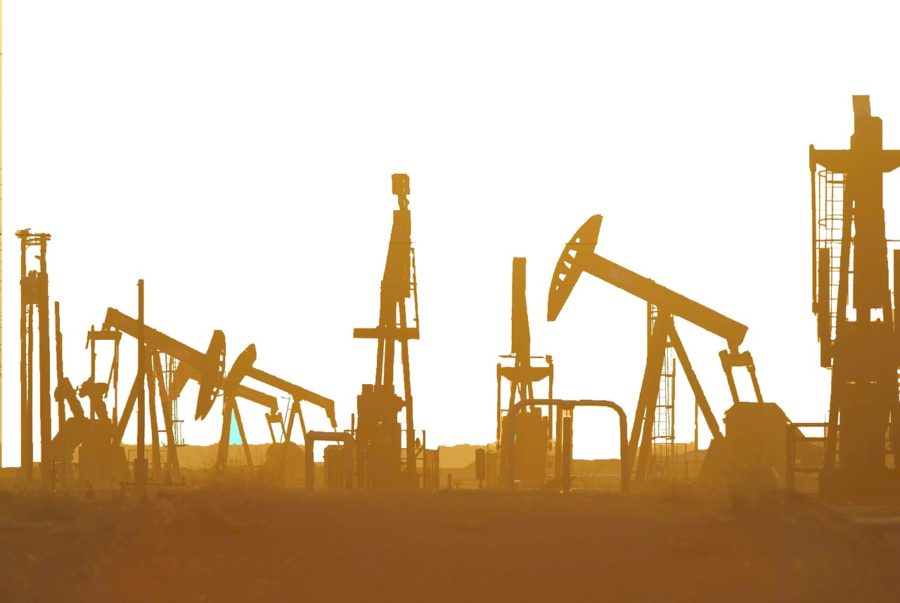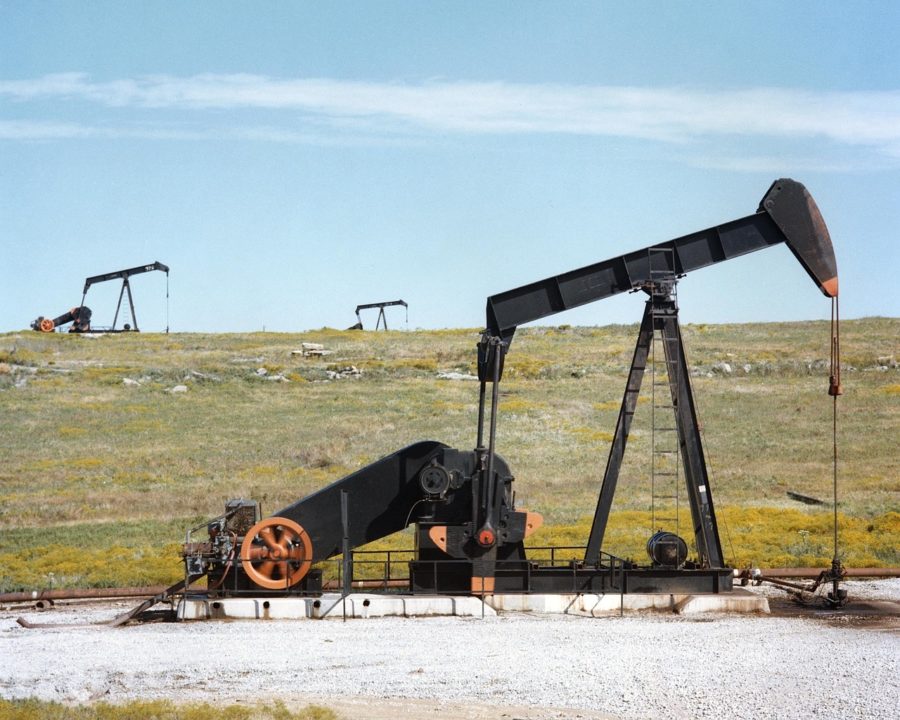President Biden’s climate plans include a review of federal and state royalty rates paid by private companies for access to fossil fuel reserves underneath public lands.[i] On January 27, Biden issued Executive Order 14008, “Tackling the Climate Crisis at Home and Abroad,” urging aggressive domestic policy directives.[ii]
The Order directed the Secretary of the Interior to pause the issuance of new oil and gas leases for drilling rights on federal lands until the Secretary completes a “comprehensive review” of oil and gas permitting requirements.[iii] The Secretary subsequently issued Order No. 3395 (“the Order”), which directed the pause on approving new leases for fossil fuel extraction on federal lands and ordered the comprehensive review of federal royalty rates.[iv]






